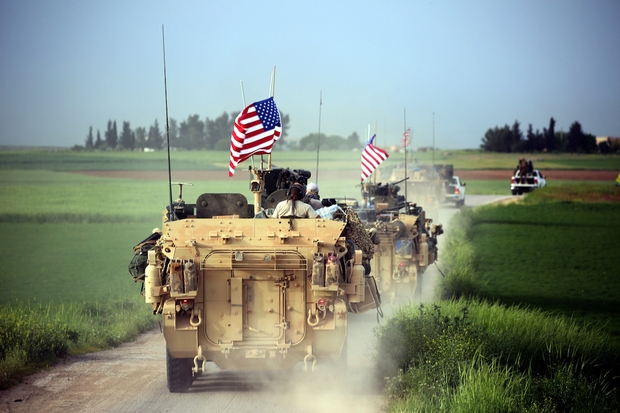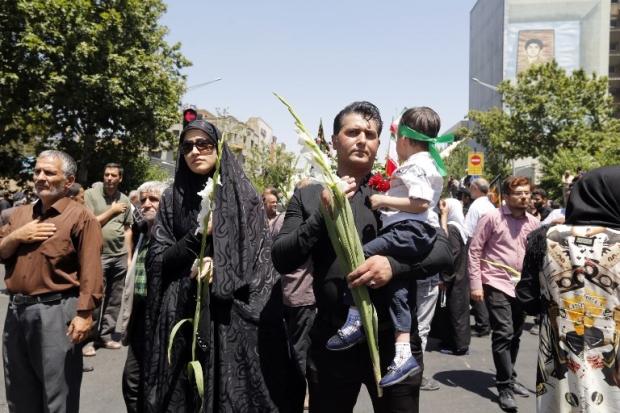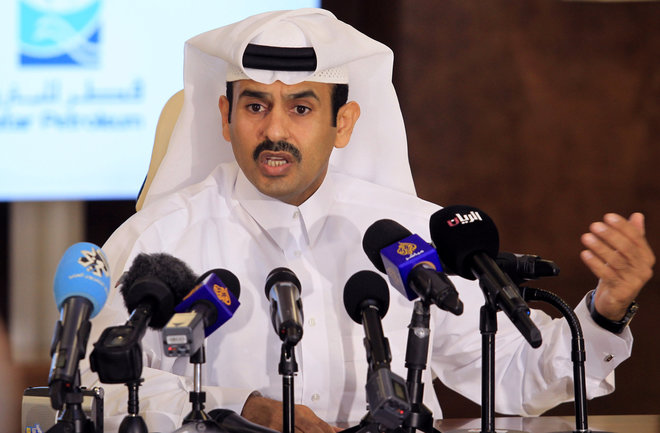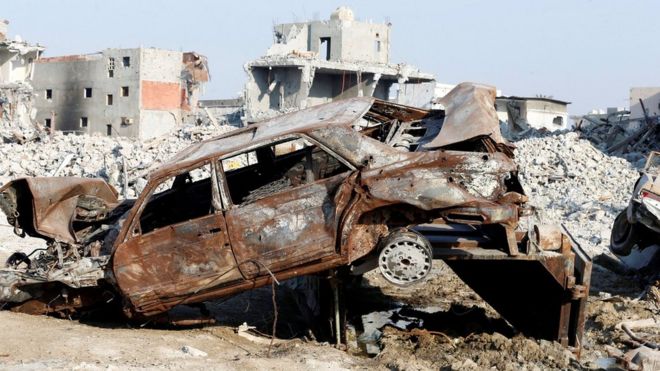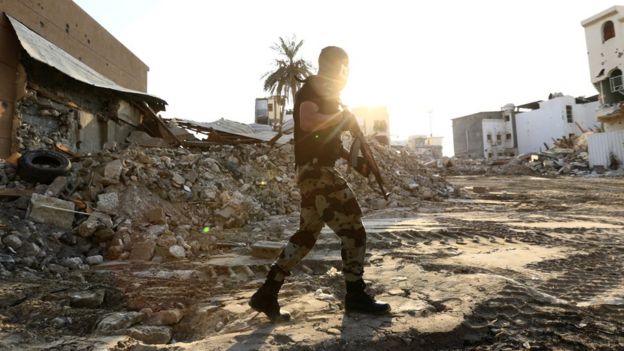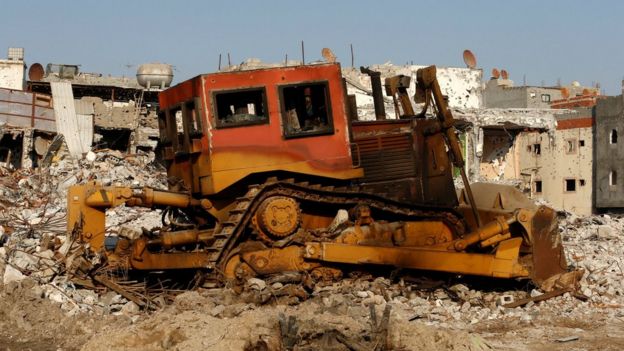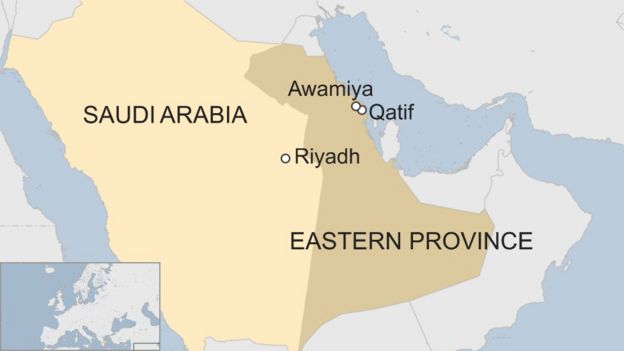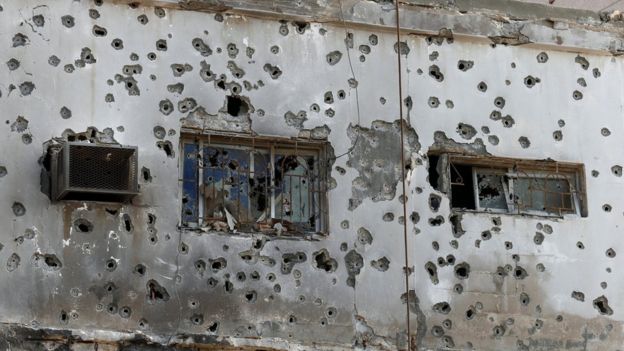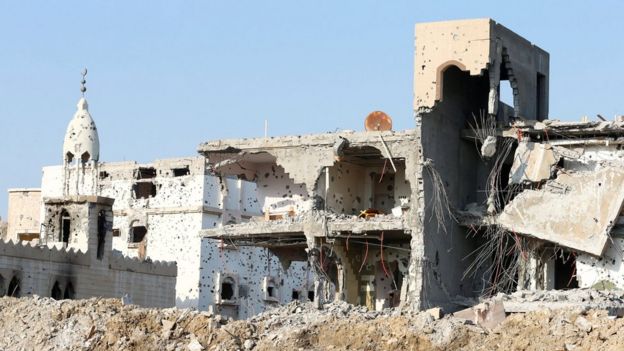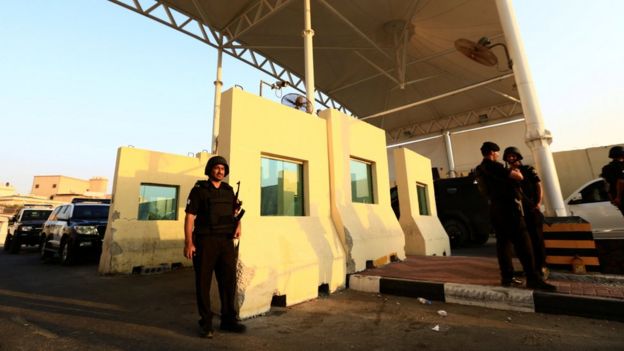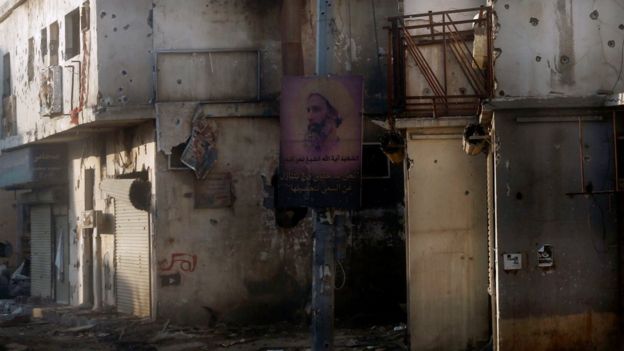Lo quye estña claro es que todo esto estña llevando a unaa hipotectica alianza
Iran-turquia-Rusia-Qatar que hace 6 años hubiera sonado pura ciencia ficcción....
basicamente porque os iranies se llevan fatal historicamente con los turcos, los turcos se llevan mal con los iranies y los rusos, los rusos se llevan mal con los turcos, los catarie stienen una relación tensa con Rusia ... vamos que no es un grupete de viejos amigos,
pero de aqui sale una alianza la mar de rara motivada por la necesidad de frenar a Arabia Saudi
Queda europa y su postura en este lio....
Ingletarra pese a sus reticencias tirara para el lado que marquen los americanos, Alemania es proclibe e Iran-Qatar y Francia en teoria también, pero habbra que ver para donde oscila finalmente Macron
Iran-turquia-Rusia-Qatar que hace 6 años hubiera sonado pura ciencia ficcción....
basicamente porque os iranies se llevan fatal historicamente con los turcos, los turcos se llevan mal con los iranies y los rusos, los rusos se llevan mal con los turcos, los catarie stienen una relación tensa con Rusia ... vamos que no es un grupete de viejos amigos,
pero de aqui sale una alianza la mar de rara motivada por la necesidad de frenar a Arabia Saudi
Queda europa y su postura en este lio....
Ingletarra pese a sus reticencias tirara para el lado que marquen los americanos, Alemania es proclibe e Iran-Qatar y Francia en teoria también, pero habbra que ver para donde oscila finalmente Macron
Última edición:



